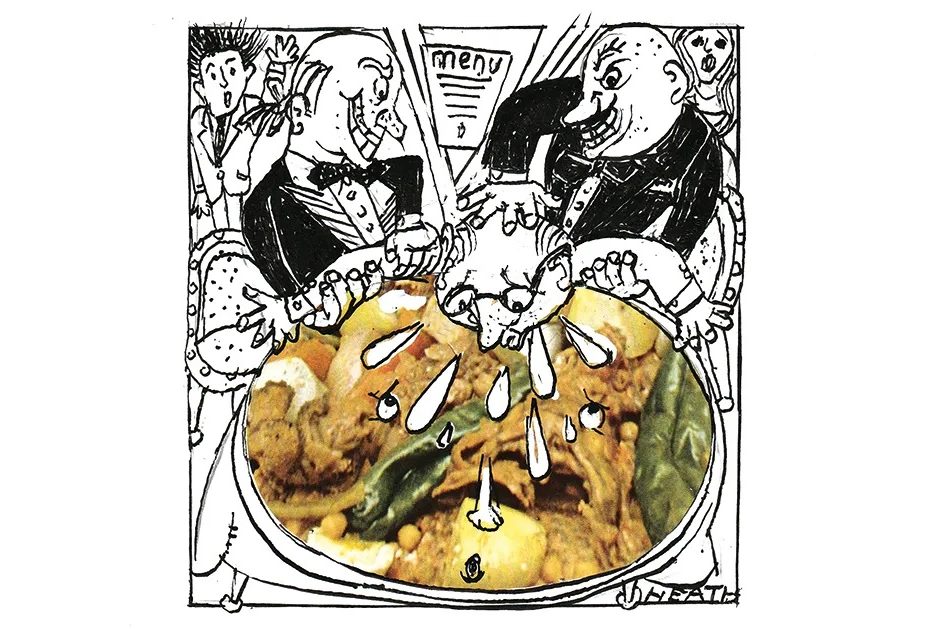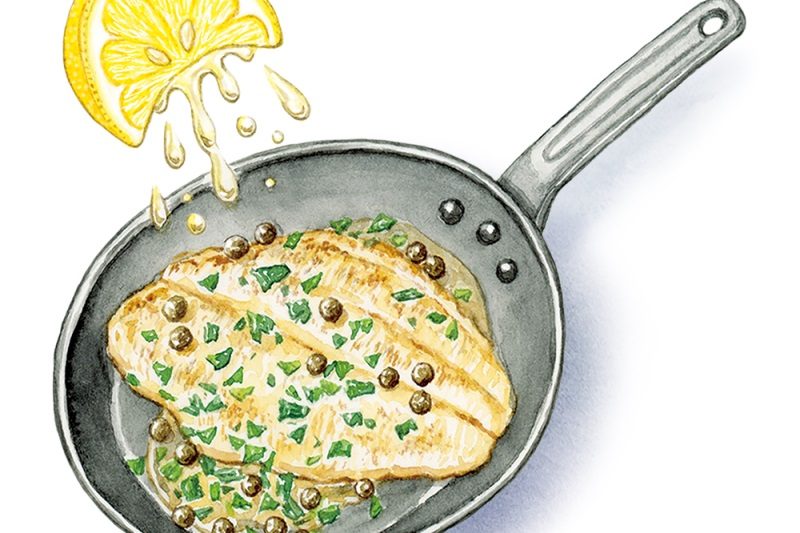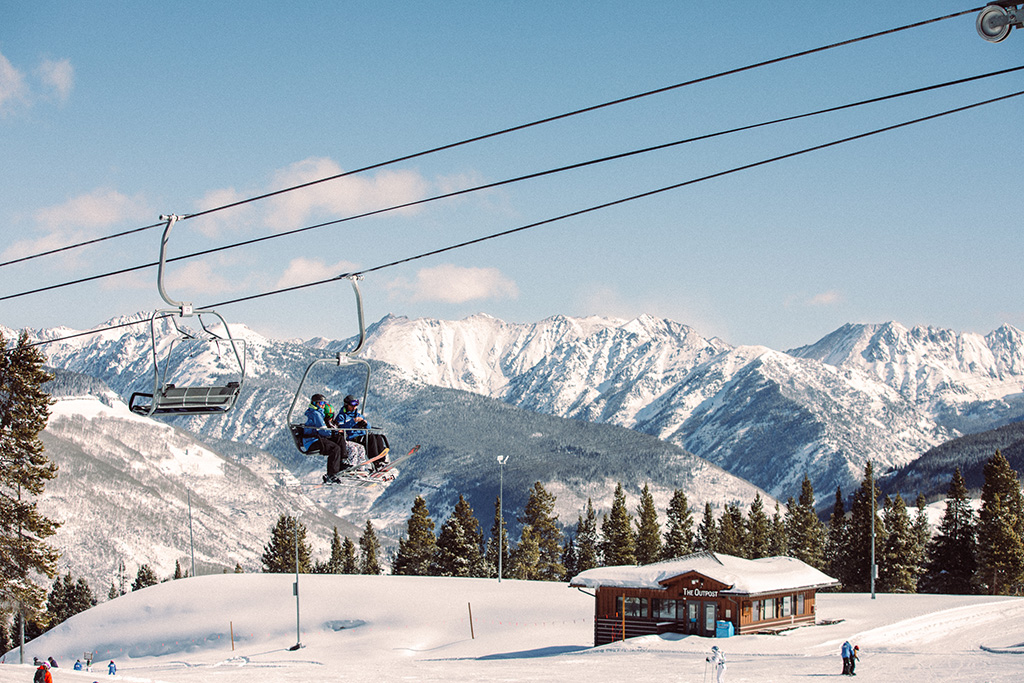It’s probably escaped most people’s attention, what with the football, the election, the Ukraine war, the horrors of Gaza, the assassination attempt and the revelation that the most powerful human on the planet has the intellectual sharpness of a daffodil. But in the past few weeks, the world of travel has been roiled by a surprising innovation: Michelin stars for hotels. Though the stars are stylised as “keys.”
This may not seem like big pommes de terre, but it is quite important. Because, if the concept takes off and hotels start striving for Michelin accolades, then we can expect the best and most ambitious to go the same way as Michelin-mad restaurants. And that will be bad.
You could argue it shouldn’t be a problem, as hotels already have star ratings. But these are approximate and informally rankings, indicating the rough level of facilities. They do not impose a certain view of what a hotel should be. Whereas Michelin standards are much more precise, onerous and stifling.
I honestly cannot recall one single Michelin-starred meal I have ever eaten with delight
In my demanding job of travel writer, sometimes specializing in luxury travel (it’s hard and lonely work, etc.), I have encountered an awful lot of Michelin-recommended food. My reaction to it is mostly “meh.”
It’s not that the food is always poor — though I have, surprisingly often, endured some dire Michelin-starred cooking. I recall a storied two-star in Lyon (a city regarded as the cradle of haute cuisine) where one dish of weird pike thingies in a grotesquely over-rich sauce almost made me vomit. The rest of the meal was tricksy and meticulous and entirely unmemorable, apart from the bill (about $435 for two).
And this is one of my main objections to Michelin food. Because the tucker is predictably prissy, fussy and elaborate, designed to please Michelin inspectors with their rigid Cartesian rules, it will be largely forgettable, or boringly similar to Michelin food elsewhere. I honestly cannot recall one single Michelin meal I have ever eaten with delight, yet I can recall multiple brilliant and joyous meals over all my years that were very much not Michelin.
The best dish I have consumed this year was a bowl of borscht in a Marxist-themed café called Back in the USSR, in the breakaway Moldovan exclave of Transnistria. It sounds like it should be terrible. It was superb, perhaps because the Transnistrians are so poor they couldn’t fancy it up, or maybe because they didn’t see any point — borscht is borscht. So they simply nailed it: with perfect local fresh ingredients. $3 a pop, with excellent cold beer.
Now recall that for the “clever” Michelin-y experience you have to pay several trillion — because it’s got Michelin stars! Much of that money won’t go on the grub, it will actually go on absurd faff, involving cutlery, napkins, tablecloths, sommeliers, 300 waiters, cheese carts, wine flights, cider escalators, baguette space shuttles and one man employed solely to fashion steak tartare by your side making you feel awkward, as he clearly hates doing this for the 19,000th time, crying as he adds the capers. Meanwhile, there is a chef out the back whose life is ruined if he loses a star. Ridiculous.
Imagine that nerdy, linen-measuring awfulness applied to hotels. All the best hotels are good in truly different ways. That is the joy of a great hotel. They should have a special character, a soul, a story, and maybe a dark poetic bar. Moreover, a great hotel is much more richly multifarious than a mere restaurant. Are you going to give The Savoy two keys, but the latest Maldivian mega-luxe three keys? How? Why? Who cares?
To be fair to hotel graders, it is true that some of the very best hotels I’ve stayed at have been five-star, extremely pricy — and splendidly agreeable. I remember a sojourn at the revered Mandarin Oriental in Bangkok. I was loitering in the lobby. A concierge approached me and said: ”Are you looking for the spa, sir?” And here’s the thing: I was. Even though I was dressed normally and it was noon, the concierge recognized from the slight frown on my face that I wanted a workout and a sauna. That is a great hotel.
But I’ve had equally wonderful experiences further down the star ratings and the price lists. The Idle Rocks in St. Mawes, Cornwall, is a mere four-star but it is much more desirable than many fives because it has some indefinable magic, due to feng shui and ace food. It probably helps that Jesus landed as a boy in the bay across from the hotel’s waterside lbar.
I’ve also had amazing overnights in places that have few if any stars — such as the one-star Glacier Lodge Eqi in Ilulissat, Greenland, which overlooks the world’s second most active glacier. A night at the Eqiwas like sleeping next to God if He had dyspepsia, constantly grumbling and calving bergs. I also recall a no-star B&B on the West Bank of the Nile at Luxor. I arrived in the dark, woke at dawn, opened the curtain and realized that the hostel was basically inside a famous temple and I was staring at Horus. That probably cost $10 a night.
The memories go on. That exquisite wooden place on the melodramatic Solovetsky Islands in north Russia which had narwhal–tusk knick-knacks carved by Gulag prisoners. Or that multicolored hotel at the bottom of the Copper Canyon, north Mexico, which seemed to be run by super-friendly artists on acid.
How on earth do you impose some sterile Michelin key-star system on this wonderful human variety? So I say to hoteliers: ignore this fastidious French foolishness. Tell the Michelin guys to go jump in a private plunge pool.
This article was originally published in The Spectator’s UK magazine. Subscribe to the World edition here.


























Leave a Reply